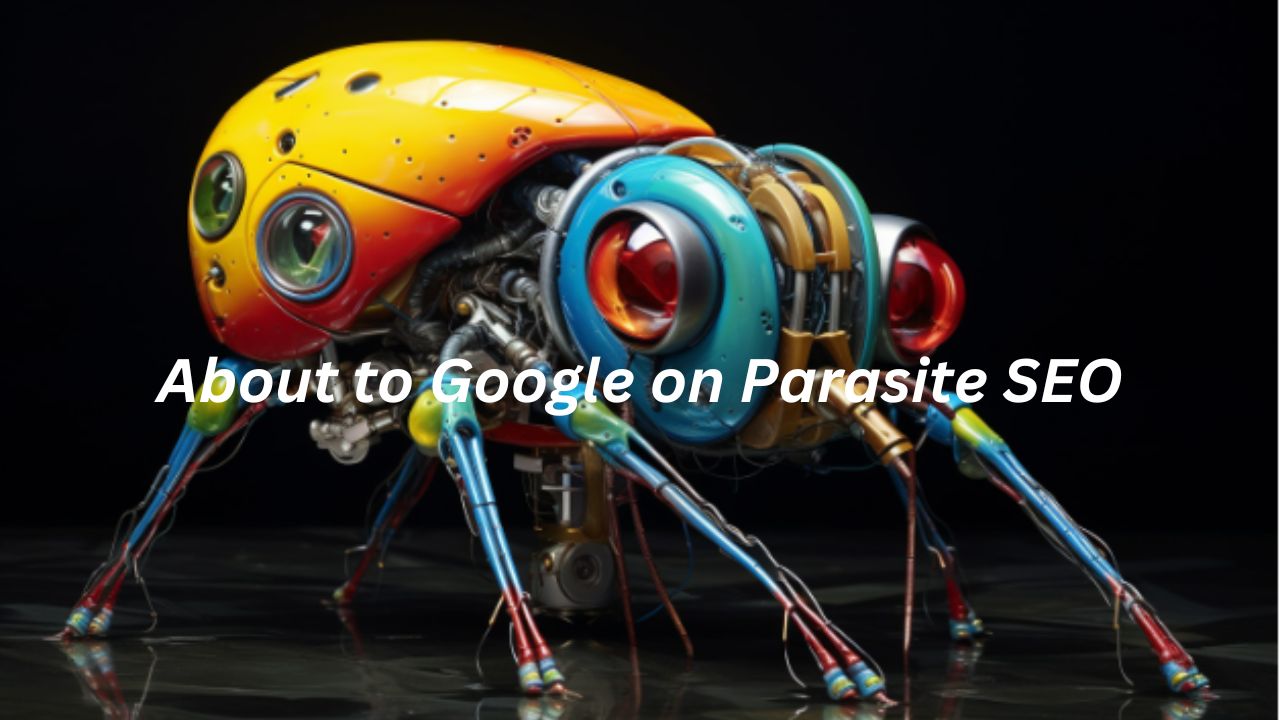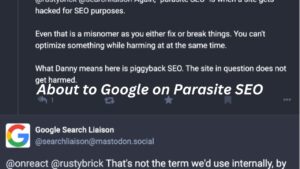

About Google Parasite SEO: Parasite SEO which is a third party content is receiving some limelight lately from past several months, especially from when the Google search liaison Danny Sullivan is talking about the Parasite SEO matter with the Google’s search team. Moreover the Google claims that they do not to use the term within their internal team. Also when asked about this Parasite SEO term at mastodon, he also said the same thing that we do not use that term internally.
Term Parasite SEO
Although some source says that he was referencing its use by external teams. And he also define the term as a site getting hacked for any SEO purpose, he said even being a misnomer, for a sometime, you will be unable to optimize the website without harming it’.
Some Information about Parasite SEO
The parasite SEO is when a third party uploads content on a larger website in order to capitalise its authority and gain quicker attraction. This practice often occurs to large media publishers and news channels. Alot of you thinking that why would large media publishers and news channel let to do this happen? Well after all its all comes down to the money. All these third party does all the work, and then the website has to do is just host the content and then they got easy revenue share opportunity for them. These third parties often do affiliate marketing or general high-interest content that earns either affiliate or ad revenue.

SEO Purposes
One can hack another website as a form of piggyback SEO. That means without optimizing their own website, it can cause damage to others. While the website causing the harm doesn’t have any liability. Since the concept is for parasite SEO, the publishing your content on a larger platform for increasing the views is helpful for some and on the other hand Google refrains from using it.
SEO is about hacking
Also one should understand that not every parasite SEO is about hacking into a website. Some big platforms also open their channels for smaller channels. The main cause is money which can benefit both parties.
This is happen when a third party publishing does most of the task, and the other platform offers a space in exchange for a few dollars. However, Google does give some warnings to third parties to ensure that the content matches the website persona and provides helpful information. Otherwise the SERP won’t index the content.
